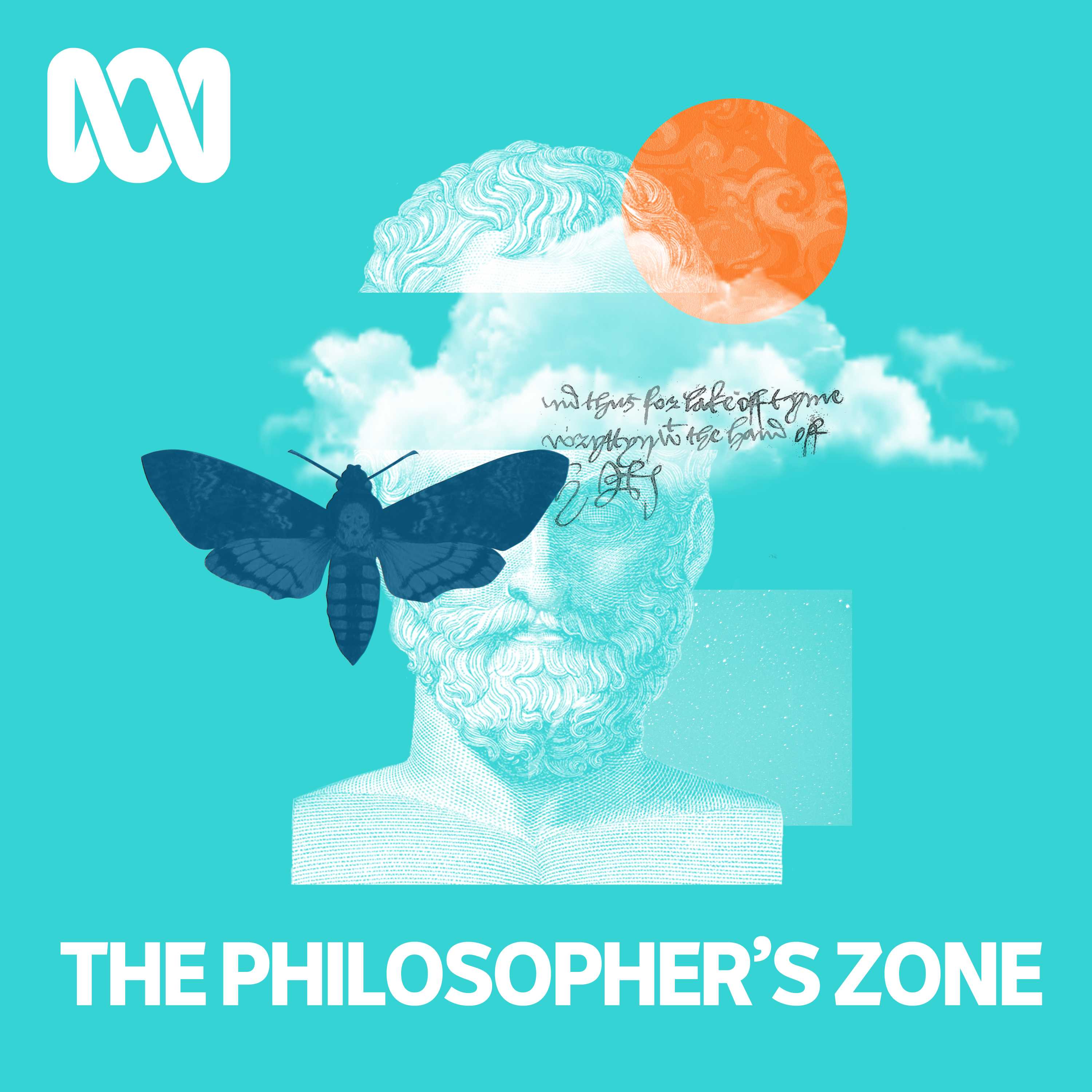

Philosopher's Zone
ABC
The simplest questions often have the most complex answers. The Philosopher's Zone is your guide through the strange thickets of logic, metaphysics and ethics.
Episodes
Mentioned books

Nov 6, 2025 • 29min
Knowledge, culture and parenting apps
Georgia Felton, a Brisbane-based author and human rights activist, delves into the complexities of modern parenting practices. She highlights how parenting apps, often rooted in Western science, can overshadow traditional wisdom, causing rifts in multi-generational families. Georgia discusses the surprising global uniformity in parenting practices and the balance mothers strike between cultural rituals and digital advice. She warns against the potential loss of nuanced knowledge and emphasizes that while apps can empower, they often reinforce traditional gender roles.

Oct 27, 2025 • 35min
The contradictions of democracy
Michael Furstein, Professor of Philosophy at St. Olaf College and author of *Experiments in Living Together*, explores the complex interplay between democracy and social progress. He discusses how democracy serves as an experiment in moral cognition, emphasizing the roles of social environments in shaping empathy. Furstein highlights the swift moral changes around same-sex marriage and the historical milestones of the gay rights movement. He also addresses the vulnerabilities of democracy, emphasizing the importance of community-building to combat polarization.

Oct 22, 2025 • 56min
Environmental techno-utopias: building nature better
Join philosopher and biologist Kate Lynch, an expert in environmental ethics, and Christopher Lane, a research fellow tackling ethical conservation issues. They delve into radical ideas such as recreating ecosystems through biotechnology and the ethical implications of genetically engineering species. The conversation explores wild animal welfare, the conflict between species conservation and individual suffering, and the intriguing notion of bioengineering humans to reduce environmental demands. It's a thought-provoking journey into the future of our natural world!

Oct 14, 2025 • 36min
Slopaganda
Mark Alfano, a Professor of Philosophy at Macquarie University, dives into the urgent issue of 'slopaganda'—AI-generated propaganda that's spreading misinformation at an unprecedented rate. He traces propaganda's evolution through technology and discusses its strategic use of truth. Alfano explains how generative AI creates personalized, emotionally charged content that can overwhelm fact-checking efforts. He advocates for pre-bunking and digital literacy as defenses against such manipulative messages. The conversation highlights the need for platforms to prioritize trustworthy content.

Oct 9, 2025 • 28min
Indigenous literature and the academy in Australia
Eugenia Flynn, a Larrakee, Tiwi, Chinese-Malaysian, and Muslim writer, discusses her journey in Indigenous literature within academia. She emphasizes the need for Indigenous storytelling to challenge the white-dominated literary canon. Flynn advocates for recognizing non-written Indigenous texts as valid literature and critiques traditional Western frameworks. She explores how Indigenous paradigms can reshape literary critique and suggests creating more Indigenous-centered programs to improve access and representation in the field.

10 snips
Oct 2, 2025 • 47min
Albert Camus, fascism and America
Matthew Sharp, a philosophy lecturer and author, dives into the profound thoughts of Albert Camus while exploring contemporary issues. He discusses how echoes of Camus' era, like democratic withdrawal and ecological concerns, resonate today. Sharp illuminates Camus' views on fascism as a form of irrationalism and critiques Nietzsche's absolutism. They tackle despair and cynicism as breeding grounds for far-right movements, emphasizing the need for empathy and independent journalism in the Trump era. Sharp argues for a balanced revolt against absurdity, citing Camus’ insights on both democracy and nature.

Sep 25, 2025 • 33min
What beauty apps are doing to us
Yves St. James Aquino, a philosopher and bioethicist at the University of Wollongong, delves into the impact of beauty apps on societal standards. He discusses how algorithmic somaesthetics shapes our perceptions of beauty, raising ethical concerns about invasive features like cosmetic surgery recommendations. Yves explores the quantification of beauty, the role of social media filters, and how AI can objectify aesthetic ideals. He also tackles the influence of cultural subcultures on AI aesthetics and the moral implications of data collection in beauty assessments.

Sep 18, 2025 • 42min
Are babies conscious?
Timothy Bain, a philosopher at Monash University and co-director of the Brain, Mind and Consciousness Program, dives into the fascinating debate on infant consciousness. He examines how babies express emotions and interact with their surroundings, questioning when consciousness truly begins. Bain critiques different theories and discusses the moral implications of these views, reflecting on historical practices in medicine and the importance of understanding consciousness in both humans and animals. His insights spark a profound reconsideration of treatment towards all consciousness candidates.

Sep 10, 2025 • 29min
How AI could transform reading
In this engaging discussion, John Kegg, a philosophy professor and co-founder of Rebind Publishing, explores AI's transformative potential in reading and education. He highlights how AI can enhance understanding and interaction with complex philosophical texts. Kegg argues that rather than replacing traditional methods, AI may foster deeper, meaningful engagement. The conversation also emphasizes the need for community in literature, advocating for a more inclusive approach to the reading experience, and showcases Rebind's innovative blend of classical literature and technology.

Sep 4, 2025 • 36min
Is it time to get rid of legal gender status?
Davina Cooper, a research professor in law and political theory, dives into the complexities of legal gender status. She questions what it really means to have gender recognized on official documents, highlighting the lack of legal acknowledgement for other identities like sexuality and ethnicity. Cooper discusses the polarization around gender identity in the UK and critiques the rigidity of current legal definitions. She advocates for decertifying legal gender status, proposing a transformative approach to achieve social justice and support vulnerable communities.


